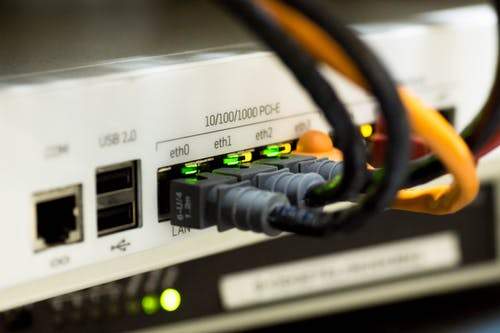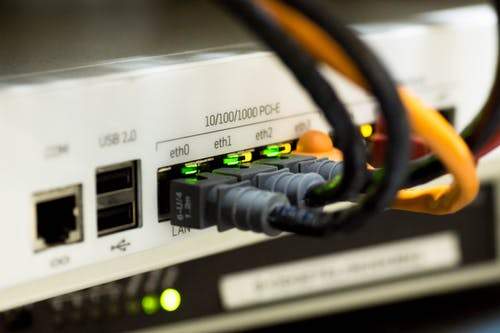The Basics Of Certification
What does certified mean? There are four accepted meanings of the adjective “certified” but only two of which satisfy the needed meaning. To be certified means to be endorsed with authority by an institution or a person with a higher position after one successfully meets certain requirements. Another meaning is that a person is qualified to do a certain job as supported by an appropriate document better known and regarded as a Certification. * What certifications are there? If you are pertaining to online certifications, there are lots to be traced. To help you find one best certification that fits your ability and interest, you may log on to reliable sites in the internet. For now, the following are the basic IT certifications: • IT Auditing • Document Imaging • E-Commerce • Internet/Intranet • Linux • Networking • Printing • Project Management • IT Security • Servers • Service Technician • Technical Trainer • Webmaster * Who benefits from certification? P...












